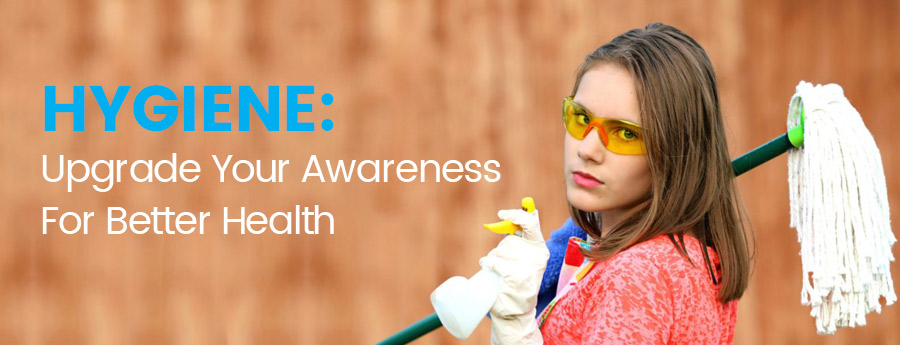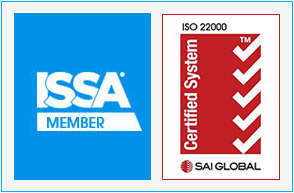Courtesy of Longevity
Proper, sustainable hygiene is one of the fundamentals of healthy living and ensuring that our immune systems don’t get overtaxed. By acquiring a greater awareness around the right and wrong ways to maintain optimal hygiene, you can start to incorporate habits that will contribute to this goal.
We spoke to Gareth Loyd-Jones, the Chief Commercial Officer at Ecowize – South Africa’s leading specialised hygiene and sanitation service provider for the food and beverage industry to find out more about this.
How Can People Make It Easier For Themselves To Have Access To Fresh, Clean Produce?
1. Grow your own. Herbs and vegetables can easily be grown at home offering the option of fresh produce as you need it at a fraction of the price. Basic hygiene principles like rinsing before use should however still be enforced.
2. Do the research: There are other buying alternatives than supermarkets. Buying from wholesale markets bypass some of the middleman process and as such reduce the possibility of contamination that might arise during those processes.
- Product selection: Knowing what to look for when buying produce can assist in ensuring that products are fresh (Firmness, bruising, colour, smell, dates etc.). Avoid pre-cut fruit and vegetables, it is safer to cut your own. Always buy from a reputable supplier and assess the place you are purchasing from, if the overall hygienic appearance is not up to standard there might be a chance their food hygiene practices aren’t either.
- Product Storage: Products have different storage methods and should be adhered to ensure products stay fresher for longer. Limit the amount of fresh and ready-to-eat products purchased in bulk. This will reduce the amount of products exceeding their shelf-life before consumption and waste.
- Product Preparation: Always follow the correct product handling and preparation practices. This includes personal hygiene, rinsing produce before use where applicable, separation of fruits, vegetable and raw meats as well as cooking times and temperatures.
Which Foods Are Most Likely To Cause Food Poisoning If Subjected To Being Handled, Cooled And Reheated?
Your ready-to-eat products, which are products that will not go through any other cooking process before you eat them are the biggest risk. Also, ready –to –heat products that are not heated properly are equally problematic.
What Are The Dirtiest Objects In Our Daily Lives And How Can We Ensure That We Keep Them Clean?
Cleaning utensils, like dish clothes and scrubbing brushes. Mops are also neglected and a master cross-contaminator. Keep them clean in the following ways:
1. Dish clothes need to be used and washed after each cleaning use. Separate dish clothes are used for food contact surfaces and non-food like floors etc. This can be done by a simple color coding method (Red for food contact and Black for non-food etc.) Where a cloth is used to clean a food prep surface, it should not be used until it has been thoroughly washed and disinfected. A disposable cloth should be used to dry produce if required and then discarded.
2. Mops should be washed after each day of use and rotated with a second mop head each day.
3. Scrubbing brushes can be washed daily with your dishes, preferably in the dish washer at a temperature of above 70 degrees.
4. Never mix the cleaning equipment that is used in the kitchen and in the bathrooms/washrooms.
5. Heat is a great disinfectant so all cleaning equipment should be washed at a high temperature if possible
6. Food preparation utensils should be separate for raw and cooked products and a clean utensil should be used when preparing read-to-eat produce to avoid any cross contamination.
7. Cutting boards can be a major contaminator and one should use separate boards for raw food prep and cooked or ready to eat food prep. After raw prep one should immediately thoroughly clean and disinfect the board. Colour coding your boards can help manage this.
8. Our hands are also major points of cross-contamination and one should always wash and disinfect after each step of the food prep process.
What Are The Most Important Cleaning Products That Everyone Should Have In Their Homes To Ensure Optimal Hygiene?
Household bleach is a powerful disinfectant and should be in everyone’s cupboard. A good detergent that has some caustic aspect should be available for highly soiled and fatty surfaces. Click here for Harvard Healths take on hygiene and how you can prevent infections by practicing it properly.
Comments are closed.





